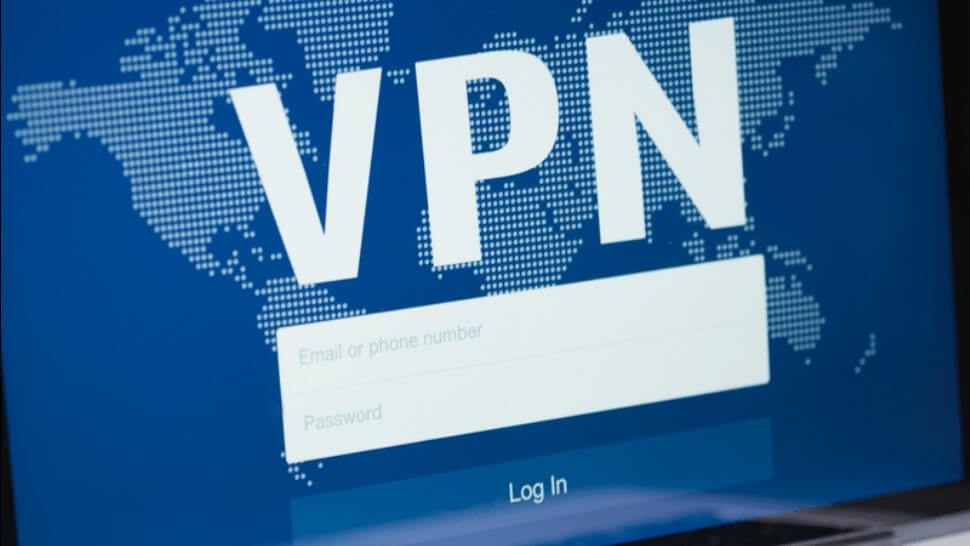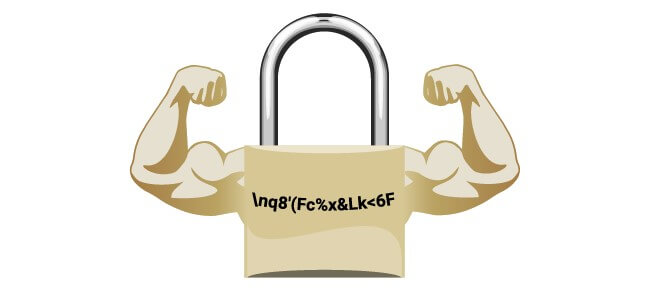How to Maintain Your Privacy Online
Your online privacy is under constant threat as virtual predators are always looking for ways to get a hold of your data.
Your online privacy is under constant threat as virtual predators are always looking for ways to get a hold of your data. Knowing how to protect yourself is essential these days as you could lose valuable information such as your name, address, credit card details in a heartbeat. Fortunately, learning how to protect yourself while browsing the web is not that hard.
Simple techniques like using secure usernames and passwords, knowing how to recognize a safe link from a bad one, and securing your social media accounts can go a long way. All you have to do is learn how those security measures should be implemented.
People literally live on the Internet, so it’s no wonder that they want to know the best ways to protect themselves from virtual threats as best they can.
Control Your Personal Data on Social Networks
Social networks like Facebook, Twitter, Instagram, etc., are perfect for stealing personal data. The recent Facebook and Cambridge Analytica scandal proved that you should pay your utmost attention to your social media accounts’ security. If your personal settings on social media services are set to Public, it means that pretty anyone with Internet access can get a hold of that data.
Locking down your social media account in terms of privacy settings is an excellent idea. By changing these settings, you will make sure that no one can access your personal details and use for devious purposes. It is essential to remember that personal data like your usernames, passwords, and pictures of you and your family can prove valuable assets to cybercriminals.
Introduce yourself to a VPN

Minimizing your online footprint means hiding your online activities and behavior from the prying eyes. Use encrypted services that will help you reduce the exposure of your online activity significantly. VPN is a good way to start protecting yourself. VPN (Virtual Private Network) allows you to conceal your IP and virtual location, in turn, ensuring your online privacy.
It also blocks your internet service provider from tracking your online activities using encryption. With a VPN, you can safely surf the web even when using public Wi-Fi networks. VPN uses servers other than your local one to reroute your online traffic. That makes your Internet history unavailable to anyone who’s trying to spy on it. In some countries, using a VPN might get you in trouble, so be aware of that. Especially, when traveling to countries like China, Russian or the United Arab Emirates.
Get Some Additional Protection with Tor
Your IP address could tell a lot about you, including who you are and where you live. Fortunately, Tor browser can help you to automatically anonymize your IP address, making your entire browsing experience private. While no one can guarantee complete privacy on the Internet, securing your online activities with the help of the Tthe or browser is one the best way to remain anonymous on the Internet.
Encrypt Your Hard Drive
Whatever your data may be, it’s precious to you. Many people collect and store their data for years such as music, pictures, videos, research data or files related to their work and family. It’s not surprising that no one wants to expose their personal data to a stranger with malicious intent.
Encrypting your hard drive is an excellent security measure. If you ever lose your laptop or it gets stolen, you can rest assured that there are virtually no chances of extracting data stored on its hard drive. The best thing about hard drive encryption is that once you set it up, the process becomes automatic. It’s recommended to do a full encrypting as that gives you best odds of keeping your data secure at all times.
Choose Strong and Smart Passwords
 Unfortunately, many people tend to repeat their mistakes. They use the same weak password for lots of different websites. Most of them don’t even think about it because it seems more convenient that way. Well, hackers love simple passwords. All they need is one good guess, and they get access to your bank account, social media and what not.
Unfortunately, many people tend to repeat their mistakes. They use the same weak password for lots of different websites. Most of them don’t even think about it because it seems more convenient that way. Well, hackers love simple passwords. All they need is one good guess, and they get access to your bank account, social media and what not.
With that in mind, make sure to choose a complex password that’s at least eight characters long. It should contain different character types such as symbols, lowercase and capital letters, and numbers. Also, it’s advised to change your passwords as frequently as possible.
Encrypted Email Service for Safer Communication
Most people use emails to communicate, especially when they are at work. Encrypting your email service can help keep your online communication private and protected. That’s exactly why most companies today encrypt emails to protect the valuable data from all those who want to steal it.
Gmail is one of the most popular email services in the world, and almost every company uses its services to some extent. With email encryption, the things are the same as with a hard disk. Use it to keep your private and business data fully protected from cyber-attacks at all times.
The Internet can be a dangerous place for those who don’t pay attention to details. Nowadays protecting your data is not rocket science – everyone can do it with a tiny bit of research. Follow these useful tips, and you will ensure that your data is protected at all times. However, remember to remain vigilant as hackers come up with new ways to undermine state-of-the-art security measures almost on a daily basis.

